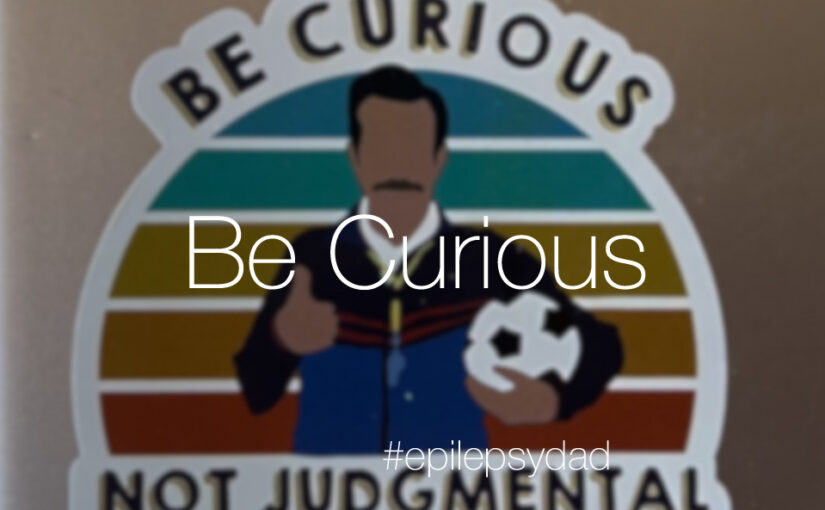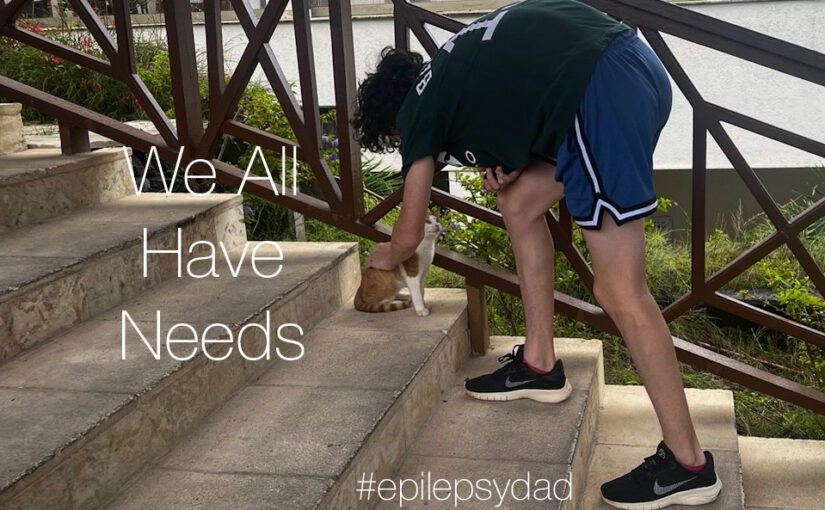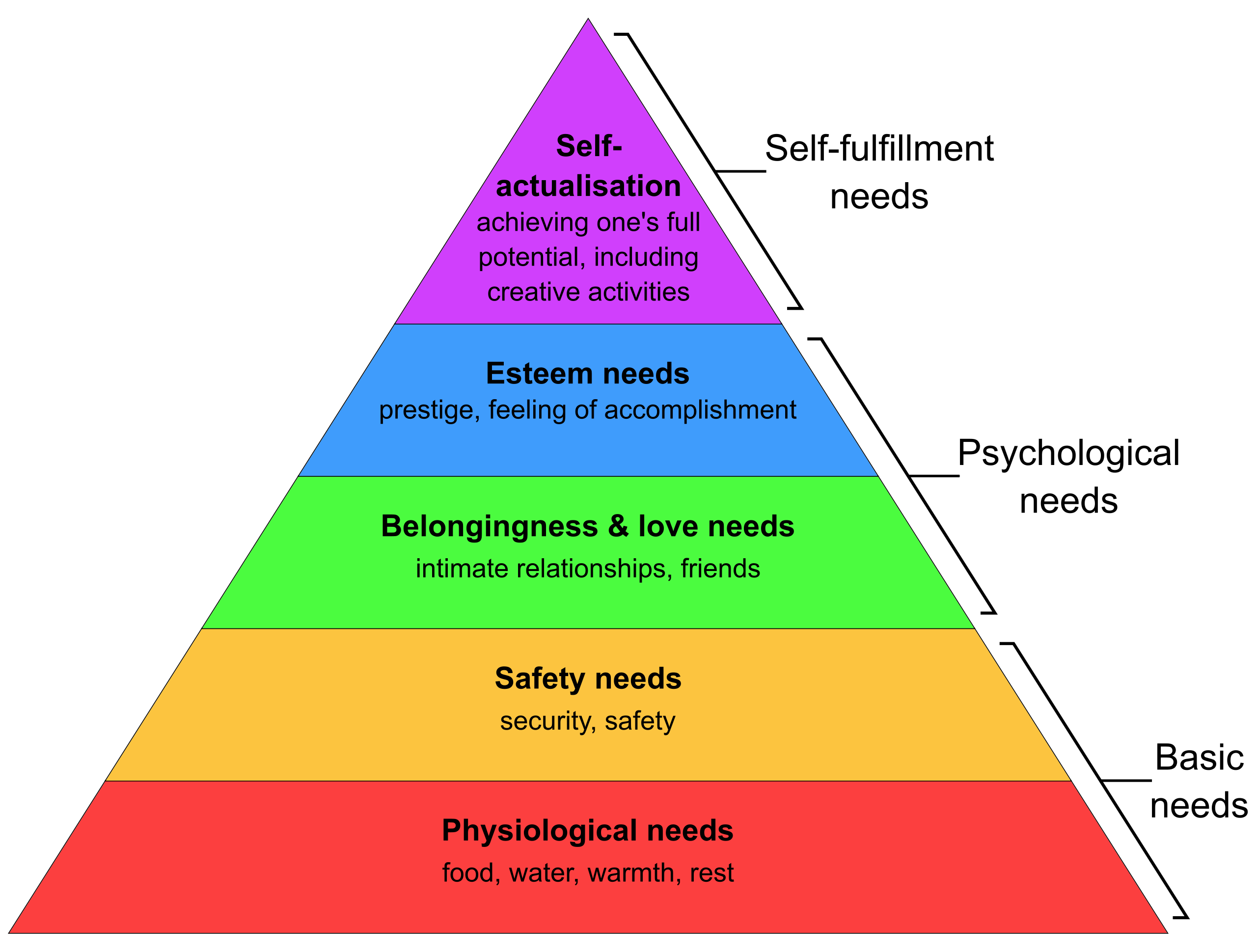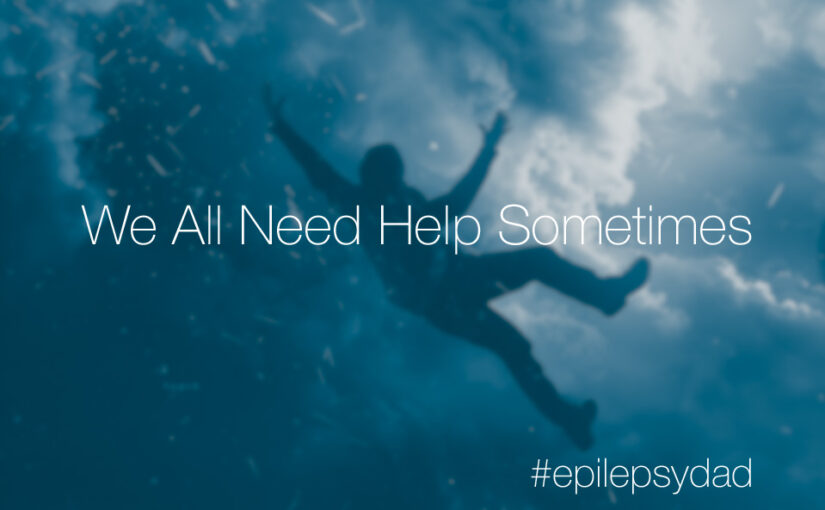Curiosity is one of my favorite character traits. I had a boss who would assign traits to different people to focus on when we interviewed candidates, and I always took curiosity.
One reason is that, for a role like mine, curiosity is an often overlooked characteristic that directly impacts whether someone will be successful or not. The other is that I am a curious person myself. One of my social media taglines is “endlessly curious,” which is why I am also taking a drawing class and French lessons.
I would ask questions in my interviews to elicit a person’s curiosity. What was the last thing you wanted to learn about? Why did you want to learn about it? What did you do to learn about it? What did you find out? Why was that the topic you shared? The best answer I received was from a candidate who had less experience than other candidates but was so passionately curious about the subject matter and asking the best questions that we ended up running over our time. He got the job.
It’s easier to be curious about a topic than about a person. Even a complicated topic is easier to understand than a complex person. It takes curiosity on our part and an openness to share on the other’s part. It takes willingness on both sides to be vulnerable, which can be terrifying. But the reward for being vulnerable and for being curious is a deeper understanding. It’s the difference between dismissing someone at first glance and building a connection. It’s the difference between being invisible and being seen.
There’s a great scene about being curious and the perils of not being curious from Ted Lasso where Ted plays darts with Rupert, the narcissistic ex-husband of Rebecca, his boss, friend, and the team’s manager.
Asking questions and being curious is the key to understanding our world. And it’s the key to us understanding each other. We don’t know what other people have going on in their lives, but we make judgments anyway.
I think about how this applies to my son and how people judge him without asking questions, without being curious about him, without knowing about him, without understanding who he is and what he endures every day to be a part of the world. They see someone who is different. An outsider. Without being curious, they will underestimate him. They won’t see his kindness, his bravery, or his heart. And that’s their loss. But it’s a good reminder for all of us.
Be curious, not judgemental.



